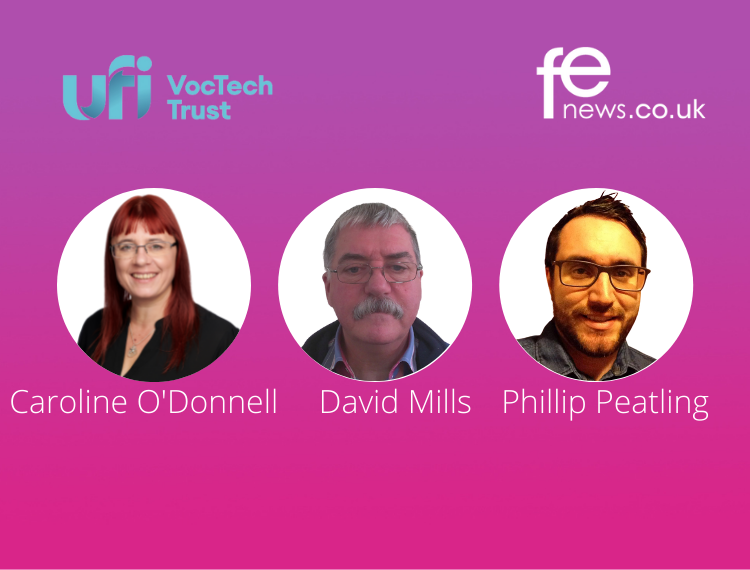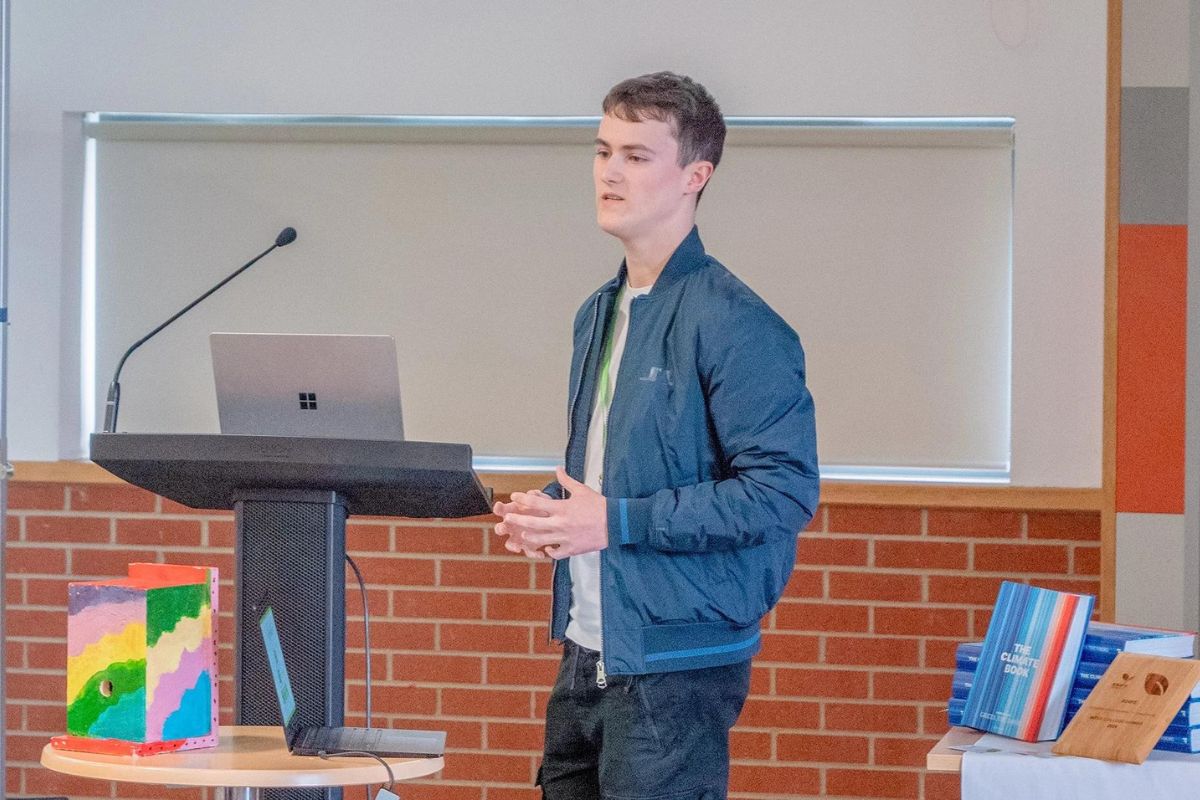VocTech in Rural Applications | #VocTechFutures Episode 6

Ufi’s VocTech Challenge White Paper identified one of the key potential barriers for vocational learners as access to learning across wide geographical areas, and in particular how practical skills can be developed when workshop or classroom demonstrations are not possible. The needs of rural communities can be very different from the challenges in urban areas, and different approaches are requird to get learning to where it is needed and recognise the different mindset of learners outside of urban centres.
A number of past Ufi projects have addressed these issues in a variety of ways, using entirely remote and hybrid approaches to serve their target communities of learners.
From our VocTech Now portfolio of projects, PHX Training supported learners across a very wide geography in Cumbria, LIVEs created amazing new content for first responders across Lincolnshire and CTC (Care Training Consortium) delivering across rural Dumfries and Galloway made sure that their long experience of delivering in this sector could continue during lockdown using new technologies.
From our Seed projects, Ambios (another Ufi project on the Learning Technology Awards shortlist) have developed an innovative nature conservation vocational skills training package, delivered remotely into a learner’s own environment. Through the loan of wildlife survey equipment, supported by access to enriched online training materials and live training broadcasts, learners can take the time needed to gain competence in specialist professional skills. Those might involve safely catching and monitoring specific species or tracking wildlife in its natural habitat.
Myserscough College was one of our early pioneers in 2016. Their project involved the production of interactive instructional videos for the land-based sector, predominantly geared at level two golf greenkeeping learners, accessed on smartphones and tablets. The College went on to incorporate what they had learned into a wider programme of blended learning content development.
The two guests on this episode have current Ufi projects supporting this sector.
As a College in a rural area, Boston have first-hand experience that working at different levels across remote rural communities is challenging for employers, learners and trainers in terms of time and cost. The team used the Discovery Phase to explore with learners and employers the challenges they have in accessing classroom-based learning in order to understand better what VocTech solutions might help to solve those problems. In response, they are developing a learning programme that not only tackles contextualized learning for the Agri-Tech sector but delivers personalised learning pathways that adapt to the individual’s needs as they progress through the course. The VocTech supported learning programme will encourage users to progress onto Level 3 Leadership and Management qualifications, enabling learners to develop in their careers and local SMEs to be supported in their growth. All of this in an accessible fashion to meet the challenges of time and distance. The College as a whole has benefitted from involvement in the project, taking time to look in detail at their experience with blended learning and how that can be expanded, with the potential for the roll-out of more VocTech solutions into other areas of their work.
Understanding of technical content is far more effective when presented and taught within a real-life or simulated vocational environment or setting. Herefordshire, Ludlow and North Shropshire College in our Seed 19 cohort plans to create, develop, deploy, test and share new Mixed Reality (MR) learning resources that overlay virtual objects onto the real-world environment, in a unique approach to the delivery of animal care & welfare education and training within a rural context. This enables the learner to both see and experience issues around animal care. The mobile nature of the headsets and the ability of the holographic horse (the pilot animal) to be placed in any working space goes well beyond current teaching methods used in college at present. The solution will use mobile digital technologies to operate effectively in a rural work and training environment. Combining these with the creation of small and highly practical MR objects for learning and assessment takes vocational training to a new level. Hologram imagery is impressive when viewed from the HoloLens headset. The Mixed Reality Animal Care learning object experience is designed to be compelling and any representations in videos or images cannot faithfully reproduce or replicate the excellent headset experience.
Ufi’s experience with all these projects shows that there is a real need for innovative solutions to enable those most excluded from vocational training because of where they live to have better chances to develop their skills and their careers. Across all four nations of the UK, from the Highlands and Islands to the tip of the West Country, through rural Wales and across Northern Ireland, we encourage Colleges and other training organisations to engage with our funding opportunities and bring their unique perspectives on learner needs to our communities of practice.












Responses